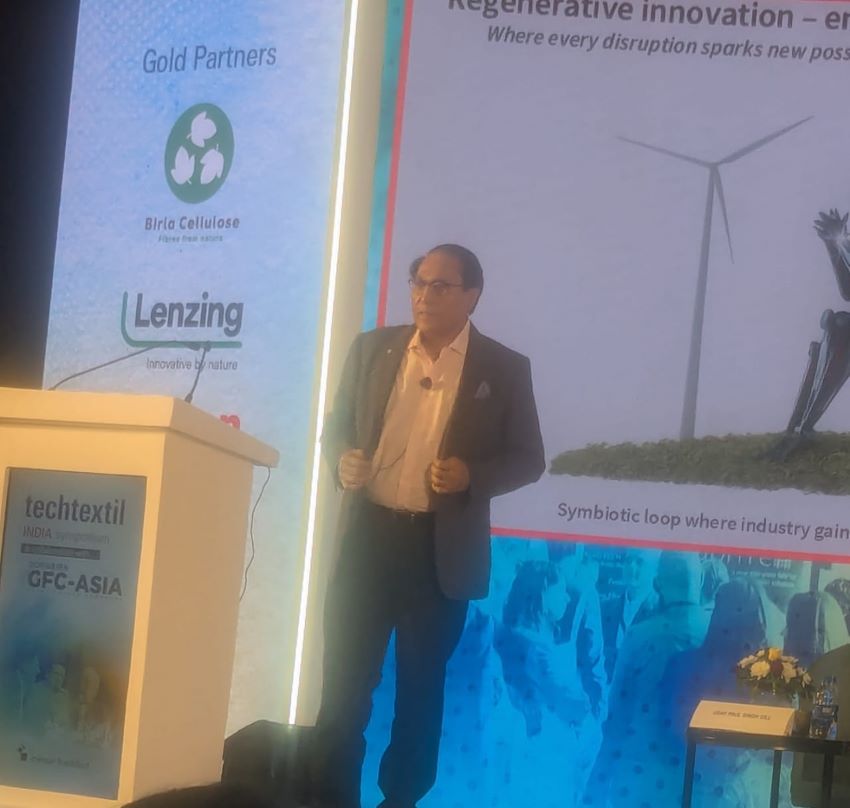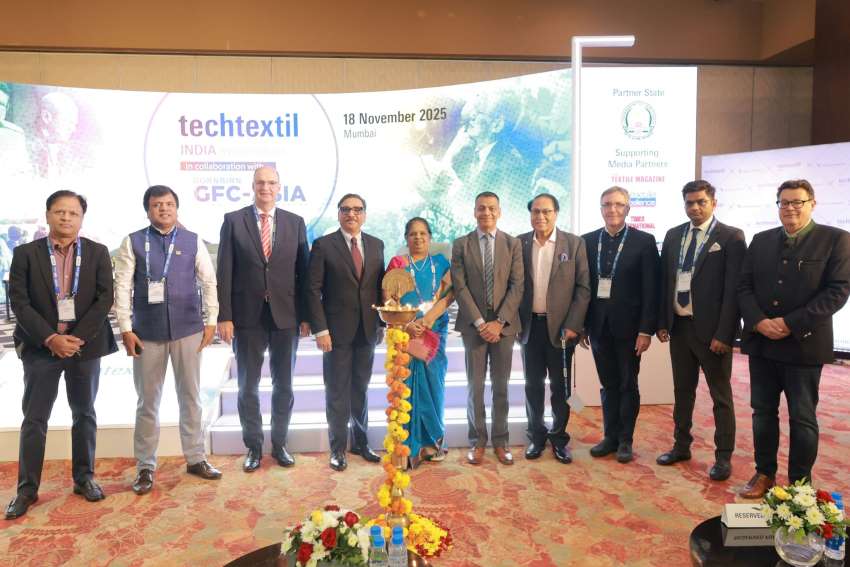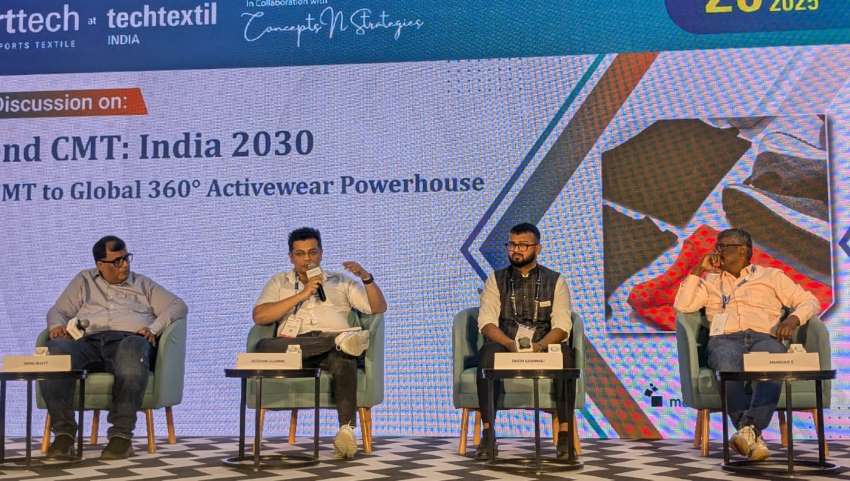European Committee of Textile Machinery Manufacturers, Cematex is significantly expanding its influence and commitment to the future of the EU textile machinery industry. Officially registered in the EU Transparency Register, the organization is boosting its engagement with European Union institutions and stakeholders. As a part of its reinforced presence, Cematex is actively participating in the EU Sustainable Textiles Transition Pathway, pledging support for a greener European textile ecosystem. The group has also joined the EU Textiles Ecosystem platform to ensure stronger connections within the broader EU textiles community.
In response to the evolving legislative landscape, Cematex is closely monitoring key EU initiatives that will shape the upcoming EU textile strategy. These include the Eco-Design Regulation (Textile Delegated Act), the implementation of the Waste Framework Directive across member states, the development of the Product Environmental Footprint Category Rules for apparel, and reforms to market surveillance and customs.
A major focus for Cematex is trade advocacy, particularly addressing hurdles in major markets. The organization is actively challenging the Indian Omnibus Technical Regulation, which mandates compulsory certification by the Bureau of Indian Standards (BIS) for weaving and embroidery machines.
The organization has also submitted a position paper to the Indian Ministry of Heavy Industries and is lobbying for a postponement of the regulation. Simultaneously, it is pushing the European Commission to secure tariff-free access for EU textile machinery exports to India.
On the European front, Cematex has coordinated with industry allies (CECIMO, Orgalim, and CECE) to press the European Commission to classify India's compulsory certification as a Technical Barrier to Trade (TBT) at the WTO, calling for its removal.
The organization is also strengthening its efforts in market surveillance against non-compliant imports. It has developed a position paper for all 27 EU Member State Market Surveillance Authorities (MSAs) and is creating documentation to help identify likely sources of non-compliance.
Furthermore, a new Machine Safety Committee is being established to collect evidence and develop awareness materials for MSAs, customs officers, and even customer associations regarding the risks of non-compliant imported machinery.
Alex Zucchi, President, Cematex notes, his comprehensive engagement is vital to ensure a competitive, sustainable, and innovative future for the European textile machinery industry.












